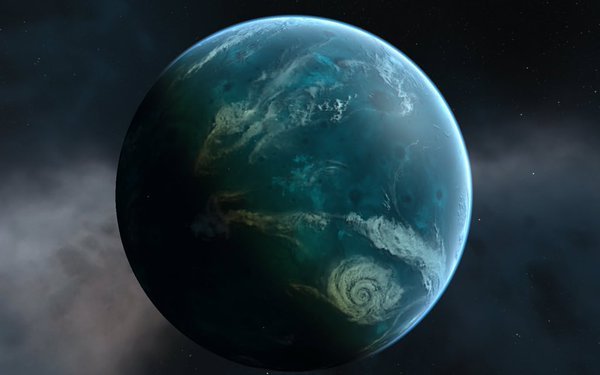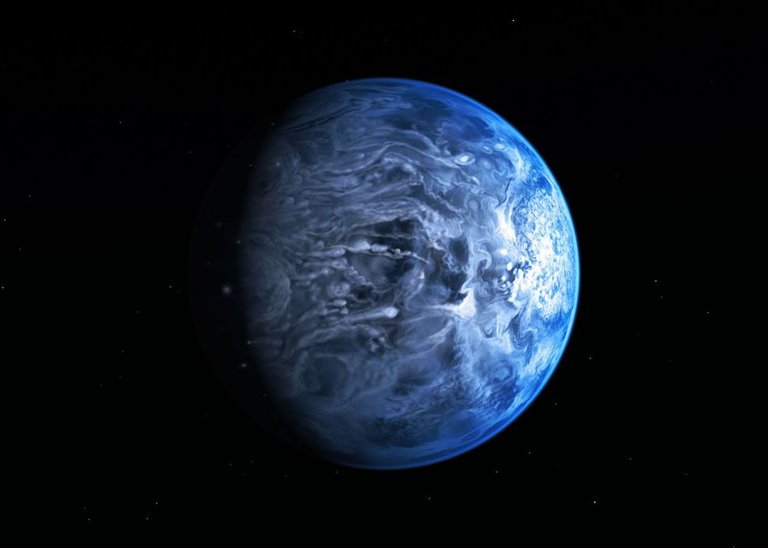Our Universe is infinitely large and We don't even know about its size that's why we call it Infinite. Our Universe have many Strange and Mysterious secrets. That are enough to amaze us. Only in our Galaxy Milky way there are more than 250 Billion Stars. Scientists are researching everyday to explore more about our Planet and Galaxy And also are finding for life in other Planets.So that in near future humans can also live on other Planets.During their search they found some Strange and Mysterious Planets And that's what I am gonna tell you about.
- 55 CANCRI E aka (DIAMOND PLANET) :

This Planet was discovered in 2014. Scientists were amazed to found out that this Planet is made up of Diamonds And that because this planet is very near from its Sun for that reason its temperature reaches 1700°C.Because of the very high temperature the Carbon in its has been core converted into Diamond.It is 2 Times Bigger than our Earth.Scientists believes that its 1/3 area is covered with Diamond whose worth can be equal to 27 Nonillion Dollars.
- GJ1214B aka (Water Planet) :

This Planet is 45 light years away from The Planet Earth.This planet is completely covered with water.You can see a never ending Sea here whose depth is more than 200KM. Because of the high pressure of water its core has converted into Ice 7. Its a kind of ice which is not cold.
- HD 189773 B :

There's a "blue marble" alien planet just 63 light-years from Earth, but the world is anything but friendly to life. Researchers say the blue color in the atmosphere likely comes from a rain of molten glass.
This super-hot glass rain is just one consequence of the close proximity between the gas giant alien planet HD189733b and its sun. which causes daytime temperatures to soar as high as 1,700 degrees Fahrenheit (930 degrees Celsius), scientists said.
A fresh set of observations of the planet in X-rays also suggest HD189733b has an outer atmosphere that is far larger than expected.
Wow, amazing
Thanks